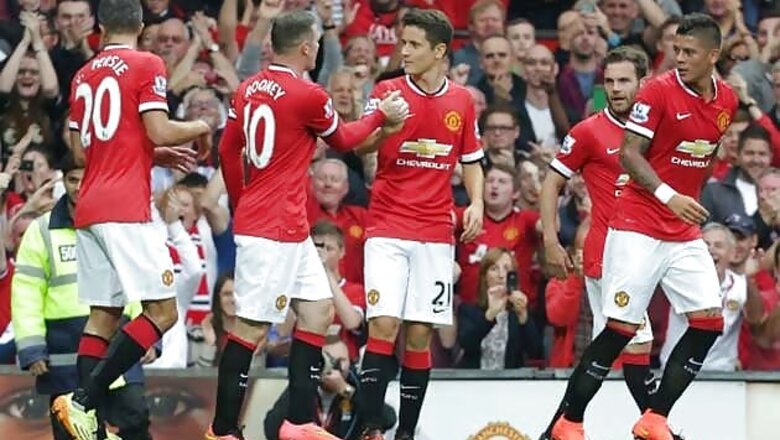
views
"Manchester United is not merely a football club, it's a beautiful memory", wrote Eamon Dunphy in his biography of Sir Matt Busby, the legendary manager and spiritual architect of Manchester United Football Club. Football fans generally tend to be a sentimental lot and Manchester United supporters, owing partly through circumstance, exhibit this trait more so than others. Brought up on the tragic nostalgia of the Busby Babes unfinished song, the miraculous rebirth engineered by the Holy Trinty of Best, Law and Charlton and the romance of the Class of 92's glorious achievements, the football philosophy of Manchester United has always revolved heavily around the buzzwords of youth and development.
The ability to refresh from within, while being a point of pride, has been engrained in the ethos of the club so much so that giving youth a chance to flourish is viewed as a duty rather than a need. From Sir Matt Busby to Sir Alex Ferguson, managers have religiously championed and strengthened this philosophy and the fans have bought into the same with unflinching and wholehearted commitment. The fact that this past Sunday, Manchester United lined up with a team including a home-grown player for the 3,075th successive time is surprising and heartwarming in equal measure. That a club the size of Manchester United with all its ambitions in tow can achieve this startling bit of trivia proves how strongly the club is married into its youth development agenda.
"We are not like other clubs who can spend fortunes on proven goods. We invest in players who will be with the club for a long time, who will create the character of the club and the excitement for our fans. We are good at that and we are going to continue that way." - These were the words of Sir Alex Ferguson in the May of 2012, having been asked whether Manchester United would be able to compete with the likes of Manchester City and Chelsea in acquiring players of the absolute top bracket. Words which go a long way in aptly describing the football philosophy of the club and which have been used extensively over the past two weeks in the media to chastise Manchester United for having, apparently, turned their back on that same philosophy.
Phrases like "lost their soul", "broken their identity", "culture of overspending" have been bandied about in print and digital media rebuking, warning and in some cases lamenting Manchester United's transfer dealings over the summer. For those of you not familiar, Manchester United spent in excess of 150m pounds to bring in six new players and sold or released 14 players from their books, including Danny Welbeck, Shinji Kagawa, Javier Hernandez, Tom Cleverley and Nani. The first of those names, Danny Welbeck, represents in body and spirit, the Manchester United way. Born less than three miles from Old Trafford, Welbeck is the archetypal prototype of a Manchester United player. Young, talented and hard-working, developed and honed at Carrington, passionate about the club, Welbeck had come to represent the latest chapter in United's glorious traditions of youth development and in-home refreshing of the talent pool. It was more his sale than those of the rest combined, which brought about the fury, ridicule and concern filling up the column inches in newspapers, blogs and football forums.
Supporters, while thrilled with the world class additions of Falcao and Di Maria, were genuinely saddened and heartbroken, club faithfuls like Gary Neville, Paul Scholes, Bryan Robson, Rio Ferdinand and Mick Phelan added their voices to the manufactured frenzy in reminding and gently rebuking the club hierarchy of the ethos and principals that Manchester United stood for. Yet shift through the layers of sentimentality and romance, Manchester United, in selling Welbeck and replacing him with Radamel Falcao, essentially upgraded their strike force to match the ambitions that the club strives to achieve. For all of Welbeck's qualities, he is most defined by the ones which he does not possess. Clinical and composure in front of goal are not his strengths which are well manifested in his club haul of 29 goals in over four seasons of first-team football. Put simply, in the backdrop of harsh practicality, Danny Welbeck was not good enough to be a first choice striker at a club the size of Manchester United.
Supporters of the club, rival fans and the media would do well to realise that while Manchester United are committed to youth and development, it cannot come at the cost of competing at the top of the table and success on the pitch. The class of '92 established their history not only because they were academy recruits but almost definitely, because they were good enough to do so. Paul Scholes was the premier midfield maestro of his time, Beckham and Giggs quite possibly the best wingers of the past two decades and Gary Neville, England's best right-back for generations. These players were talented enough to play for any of European football's elite; Welbeck and Tom Cleverley are simply not. Both have been given four seasons of first-team football to establish themselves and have failed to do so, which is why it was imperative, for their sake and Manchester United's, that they be let go and players of a higher ability replace them.
Also to be remembered, amid the hullaboo, is the fact that Manchester United, before being shackled under the Glazer model, always bought big in conjunction with the talent coming through from the academy. Denis Law was a record signing who combined with academy recruits Charlton and Best to form the Holy Trinity which brought United its first European Cup. The Class of 92 was surrounded by Keane, Schmeichel, Bruce, Cole and Yorke, each of them bought in the transfer market to complete the team which went to create history in 1999, winning the famous treble. Manchester United have never built a team just of home-grown talent, rather they have married the best of youth coming through their academy with shrewd, intelligent and often big-money signings to build teams which have challenged consistently, at the elite level. The signings of Angel Di Maria, Radamel Falcao and Ander Herrera is just the latest chapter in this story.
And what of their football philosophy, you may ask; what of the romance of home-grown talent nurtured from the academy, taking the club forward then. As mentioned earlier, this past Sunday, Manchester United lined up with a team including a home-grown player for the 3,075th successive time. Nineteen-year-old Tyler Blackett, a young home-grown Manchester lad, has started each of United's four league games this season. Eighteen-year-old James Wilson and not Radamel Falcao, has been tasked with replacing Welbeck in the first team and is, by all accounts, a greater talent than Welbeck ever was. Academy graduates Reece James, Jesse Lingard, Andreas Perrera, Adnan Januzaj are all part of the first-team squad this season and Manchester United have eight home-grown players in their 25-man registered squad for the Premier League, more than any other club in the league.
Youth development remains very much the fabric of Manchester United's rich tapestry. And, in Louis Van Gaal's hands, it remains safe and vibrant, to be nourished accordingly and appropriately. Manchester United faithful would do well to keep aside their concerns that the club has turned its back on age-old traditions. On the contrary, they have well and truly gone back to those same traditions, of building a powerful and competitive team by bringing together the best of in-house youth and established players of world class pedigree.










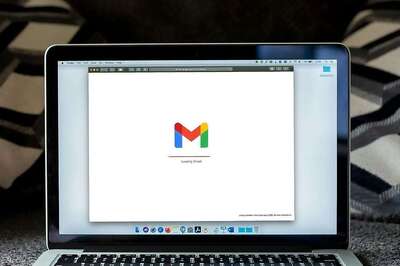
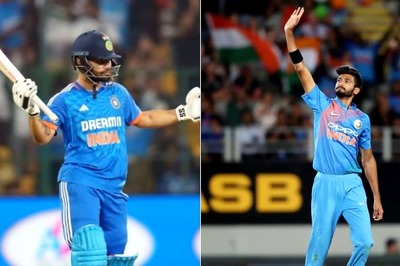

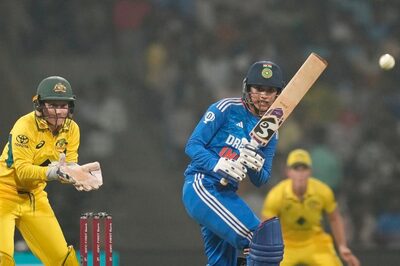
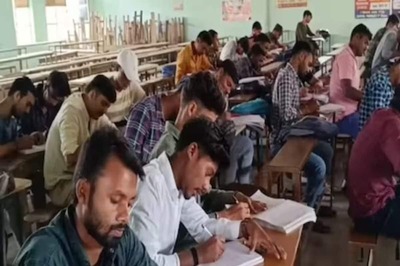
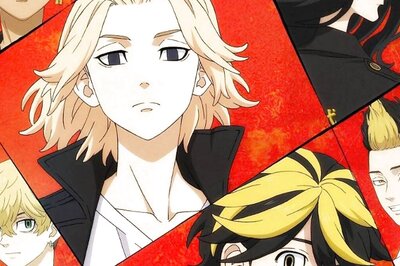
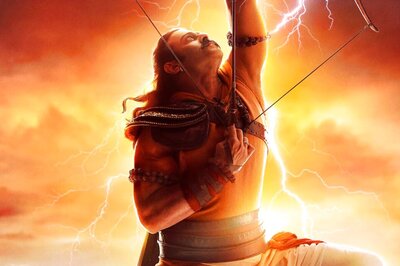



Comments
0 comment